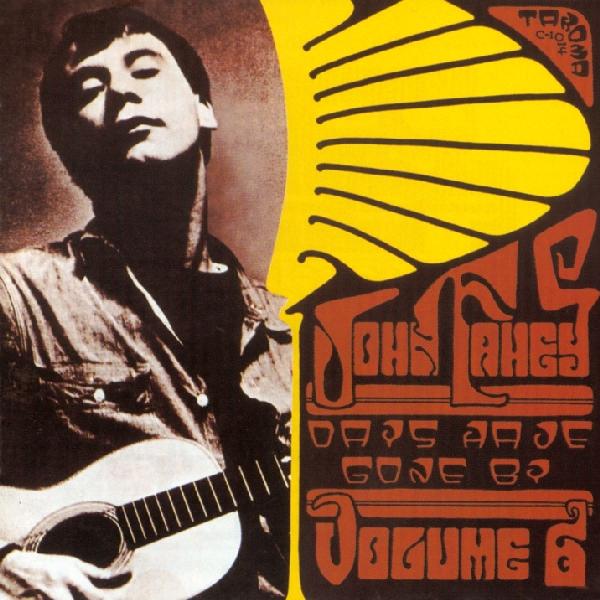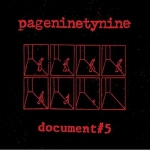Other products from John Fahey |
My Account
|
Log In
|
English |
€ Euro |
Advanced Search
|
All Categories
BEST SELLER
500
NEW RELEASES
8.556
SPECIALS
224.940
Your search:
No selection
Filter results:
TECHNICS
259.554
GAMES/SOFTWARE
25.723
MUSIC
713.861
- Folk In General
9.941
- France
2.720
- Greece
20
- Ireland
441
- Italy
3.950
- North America
212
- Russia
91
- Scandinavia
140
- Scotland
19
- Sinti Music
25
- Spain/Portugal
431
- Turkey
15
- Yiddish/Klezmer
114
|
Music Movie Audiobooks Merchandise Children's |


































